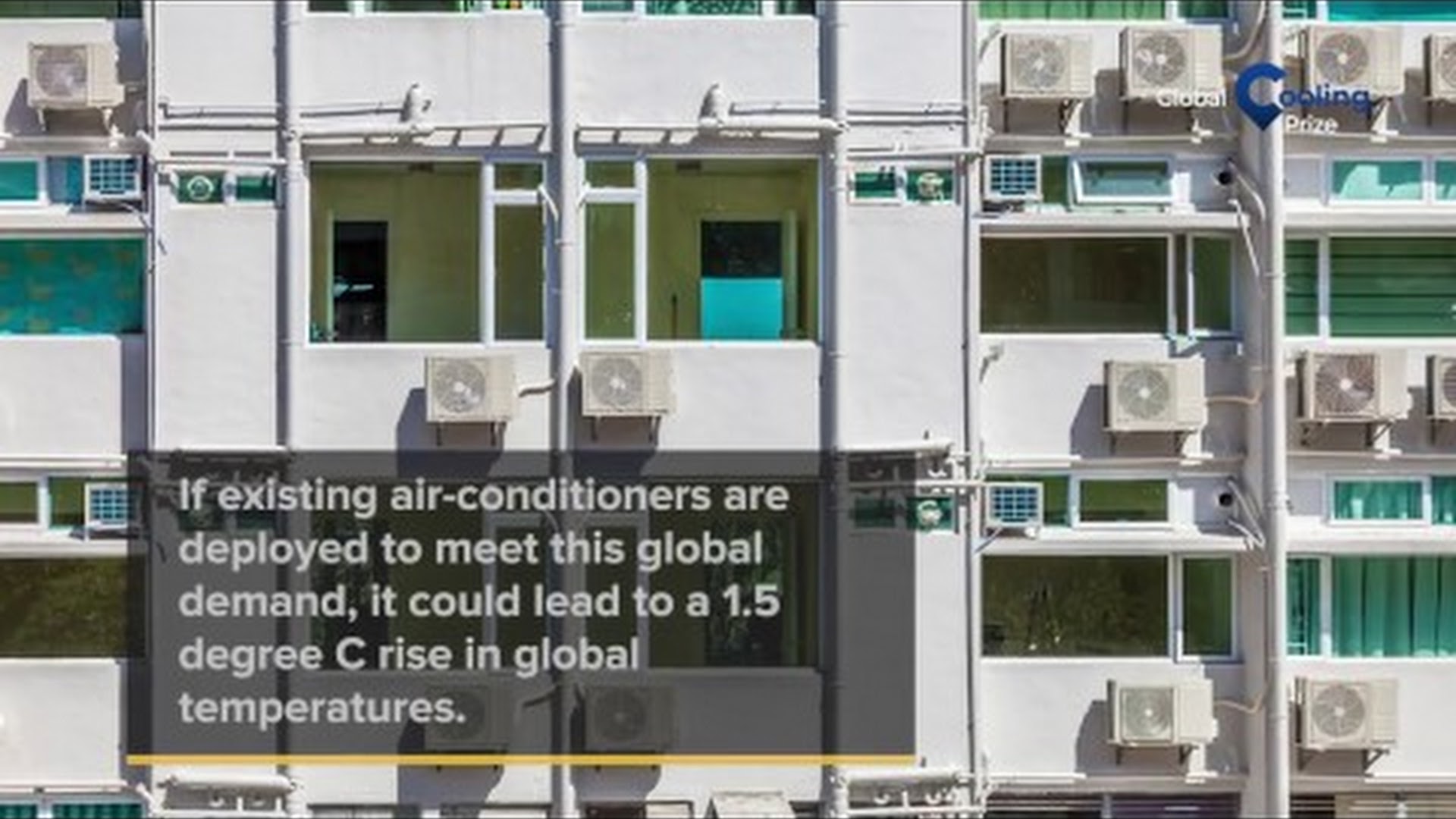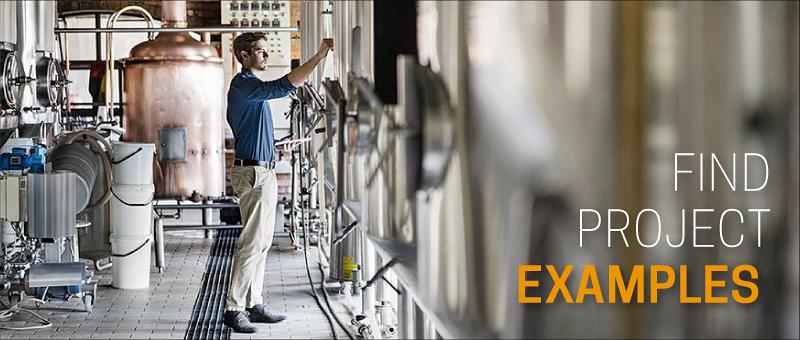Press release: Who can change the AC industry? eceee joins Global Cooling Prize as partner
(eceee news, 6 Nov 2018) eceee has joined the Global Cooling Prize as an outreach partner. This is an innovation competition to develop a climate-friendly residential cooling solution that can provide affordable access to cooling to people around the world while minimising the climate impact. The competition aims at avoiding 5900 TWh global electricity demand by 2050.
The Global Cooling Prize is gathering a global coalition to solve the critical climate threat that comes from growing demand for residential air conditioning. By harnessing the power of innovation, it is hoped, it will be possible to provide cooling solutions that enhance people’s lives without contributing to runaway climate change.
Cick image to play video
This competition is designed to incentivize development of a residential cooling solution that will have at least five times less climate impact than today’s standard residential AC units. This technology could prevent up to 100 gigatons (GT) of CO2-equivalent emissions by 2050, and put the world on a pathway to mitigate up to 0.5˚C of global warming by 2100, all while enhancing living standards for people in developing countries around the globe.
“eceee believes that in general we need to design buildings so that as much cooling as possible can be avoided. That said, we realise that AC units will be installed at a growing pace around the globe, and we need to make sure we break the curve of growing energy demand from that trend quickly”, said Nils Borg. eceee’s Executive Director.
Technology procurement and green carrot
“In some ways, this prize is close to the technology procurement programmes widely employed in Sweden since the 90s or the US Green Carrot programme”, said Mr Borg.
The Global Cooling prize acknowledges a few key trends:
- By 2030 over ½ of the world’s population will live in hot climates with increasing exposure to potentially dangerous heat conditions
- By 2050, residential cooling demand will boom by three times globally, and increase by five times in developing nations.
- 4.5 billion RAC units will be in use globally (compared to only 1.2 billion today)
- Only 14% of maximum theoretical efficiency has been reached by today’s most advanced AC technology (whereas most ACs attain less than 8%)
Avoiding 5900 TWh global demand by 2050
The competitions aims are to spur residential cooling innovation that has five times less climate impact, and uses 4-5 times less energy, while fulfilling 7 other requirements. The total prize sum is at least 3 million US dollars.
It aims to commercialise technology that could save 5900 TWh annually in global energy demand by 2050, equal to twice the annual generation of electricity within the EU. Affordability is a key criterion.
Official launch 12–13 November
The award is officially launched at an event in New Delhi, India, 12–13 November. More information about the prize and the criteria are found here.








